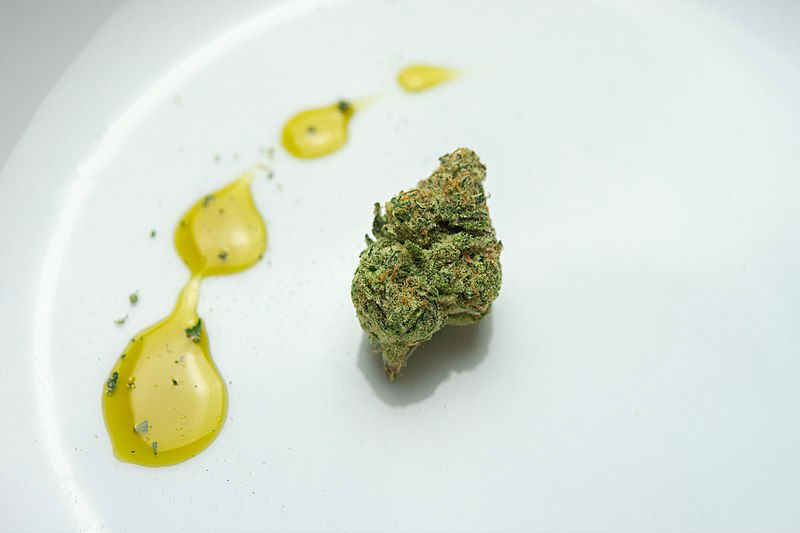Researchers recently published a review of the use of cannabidiol.
Cannabidiol has been associated with many adverse effects. These unfavorable effects are based on existing verification from human and animal studies.
Cannabidiol Human Study Review
Cannabidiol is the non-intoxicating component of cannabis, or marijuana. Cannabis is a psychoactive drug from the Cannabis plant used for recreational and medical purposes.
The authors of this study recognized cannabidiol’s use has become an increasingly accepted alternative therapy for a wide range of health conditions. However, until recently, the evidence for cannabidiol’s effectiveness for unapproved uses is lacking.
To begin with, to identify adverse effects related to cannabidiol use, the authors searched various databases from the beginning to January 2019. So, they looked for studies where toxicity or adverse effects were reported.
The authors briefly explained.
“Studies defining [cannabidiol’s] beneficial effects were included to provide balance in estimating risk/benefit.”
Human and Animal Study Reviews
In human studies, adverse effects included vomiting, fatigue, diarrhea, and somnolence – as well as liver abnormalities.
Additionally, in studies involving patients with psychiatric disorders and epilepsy, cannabidiol was observed to affect several CYP450 enzymes including CYP2C8, CYP2C9, CYP1A2, and CYP2B6, all of which could potentially lead to cannabidiol-induced drug interactions.
In animal studies, serious adverse effects were also noted — such as neurotoxicity,
spermatogenesis reduction, and embryo-fetal toxicity. However, given doses in
these studies were higher than those that were used in human trials.
The authors concluded that if physicians continue to recommend cannabidiol for off-label uses, the potential for adverse effects and drug interactions need to be taken into consideration, as it is “not risk-free”.
Presently, the Food and Drug Administration (FDA) have approved only one cannabis-derived product (Epidiolex) and three cannabis-related products (Cesamet, Marinol, and Syndros).
However, several companies have attempted to manufacture unapproved cannabidiol-related products.
FDA’s Policy and Warnings
Lowell Schiller, JD, Principal Associate Commissioner for Policy, discusses the FDA’s current policy.
“While we recognize the potential benefits of [cannabidiol], questions remain regarding its safety. The FDA is exploring potential pathways for various types of [cannabidiol] products to be lawfully marketed. An important component of this work is obtaining and evaluating information to address outstanding questions related to the safety of [cannabidiol] products that will inform the Agency’s consideration of potential regulatory frameworks for [cannabidiol] while maintaining the FDA’s rigorous public health standards.”
In addition, the FDA has been issuing a number of warning letters and test results for cannabidiol-related products.
“Over the past several years, FDA has issued several warning letters to firms that market unapproved new drugs that allegedly contain cannabidiol (CBD). As part of these actions, FDA has tested the chemical content of cannabinoid compounds in some of the products, and many were found to not contain the levels of CBD they claimed to contain. It is important to note that these products are not approved by FDA for the diagnosis, cure, mitigation, treatment, or prevention of any disease. Consumers should beware purchasing and using any such products.
This recent study’s review titled “Cannabidiol Adverse Effects and Toxicity,” is published in the journal Current Neuropharmacology.